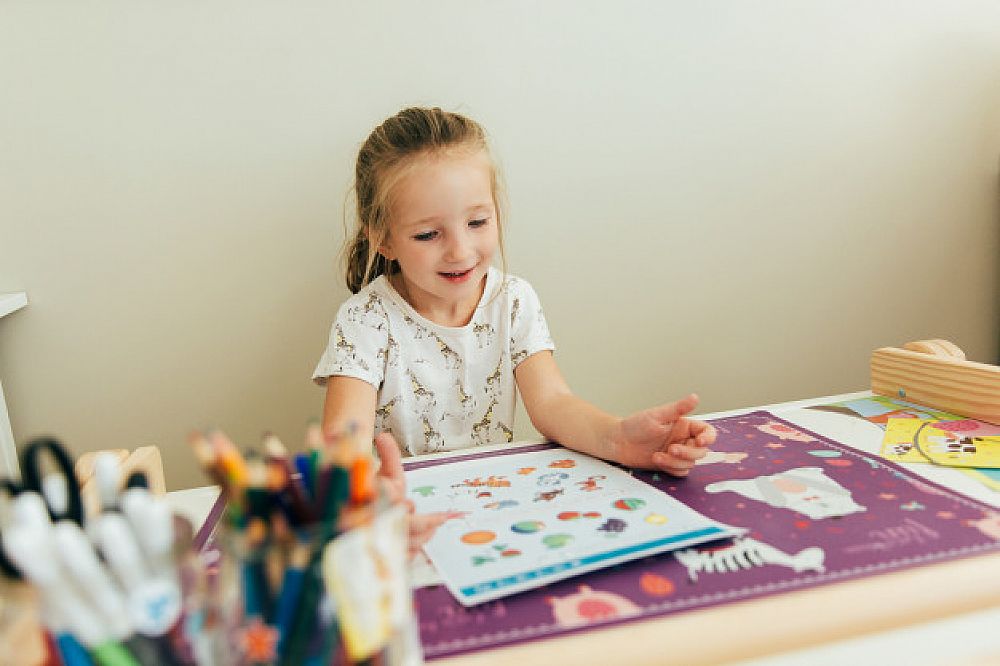Super Useful Flashcard Games For the Activate Phase of the Lesson

Using flashcards is a learning method brings such a playful ambiance to the teaching process. In general, I have learned that the more fun you have during an activity, regardless of which field you are learning, the bigger the possibility of taking something from it is.
Table of Contents
Do you want to teach English abroad? Take a TEFL course!
This post was written by our TEFL certification graduate Elisabeth A. Please note that this blog post might not necessarily represent the beliefs or opinions of ITTT.
Productive Mindset
The key to all this is that you don't think about learning or think about that you are working. When we are put in a setting where we are being 'forced' to learn, the brain is very good at creating blocks in your head that keeps you from learning. When you play/have fun - many of these blocks get overrun without even giving it a second thought.
Convenience and Flexibility
Flashcards give you something easily held and used, with the possibility of working on your own, with others or in groups. Something you can take with you anywhere and apply to almost any setting. The possibilities are vasts.

Also Read: Teaching Classes Containing a Wide Variety of Ages
Techniques
1. Drilling
One to one repetition. This is probably the least inventive way to use a flashcard but in my personal experience a very beneficial one. You pass a card back and forth until you can recite every word in order, within the pair. You start with the first two words on the flashcards and add one for every round. This is a good way to exercise often and have a fellow student being able to look at the answers and correcting as you go.
2. Look and Say
Hanging flashcards in places you often have to go through.This way you can make it a challenge to either repeat parts of the flashcard or the whole card before you can pass through the door, open the cabinet to take out a glass and so on.
Also Read: 6 Questions About Teaching Abroad
3. Doodling
Drawing can be more of a building exercise, where the output might not be as great as in other games, but it offers up other possibilities, such as creativity, fun, building bonds with classmates.One student has to pick a card, and then draw what it is on the board for the others to guess.

4. Spelling Check
In an early beginner's phase, a good game to play would be having a picture of e.g. a car and then the spelling on the other side. Place 20 flashcards in the middle of the room with the pictures up. Call out the words on the pictures and the students either run-up to it or pick it out depending on the rules of the current game.
5. Guess
Guess who/what can be a good game, as it enables the class to work and speak together, even though only one student is the primary. The rest of the class picks out a flashcard for the blackboard, be it of an animal, a car, painting or so on. The student has to stand in front of the class with the card behind him/her. The student then can ask questions to the class to figure out what is on the flashcard. This can be made exciting by having a limited amount of questions and other options.
Also Read: What is an ESL teacher?
Involve
For any student, different types of learning will work better for one, than it will for another. That, along with the fact that a classroom might not be the best blueprint for equal education for all students involved, is something that has become more and more evident with recent research. It is plausible that we for the first time, since the dawn of education, are seeing a change to the physical form, and the rules of the classrooms. Many of the rules have certainly already changed.
Do you want to teach English abroad? Take a TEFL course!
I feel that flashcards, both in its use on a personal basis, and in its cooperation with others, represents a combination of how the school system is, as it has been, and of how it is going to be short. More loosely based activities, in regards, to form, but with better customization to how we, as humans, learn best. The result of this being a better learning environment where more knowledge can be acquired - always with the same final goal; to repeat until we succeed.
Apply now & get certified to teach english abroad!
Speak with an ITTT advisor today to put together your personal plan for teaching English abroad.
Send us an email or call us toll-free at 1-800-490-0531 to speak with an ITTT advisor today.
Related Articles:
- The Best Countries to Teach ESL When You're 50+
- Top 10 Places to Take Your TEFL Course in Spring
- 4 Top Tips for Getting Your TEFL Certificate on the Road
- The Lowdown on Teaching English Abroad With a Family
- Top 10 Cities in Asia with the Highest Demand for English Language Teachers
- 7 Amazing Winter and Christmas ESL Activities Your Students Will Love



